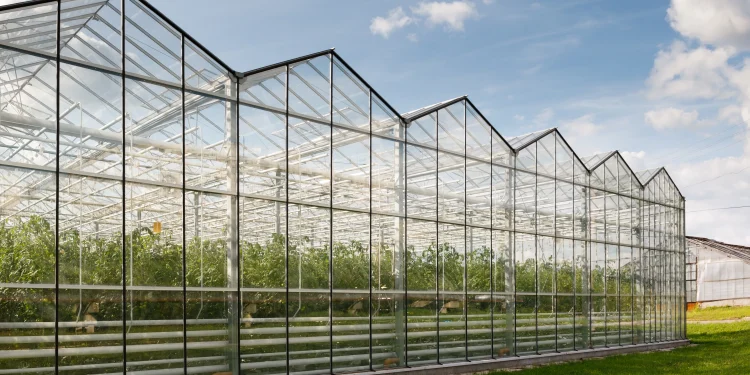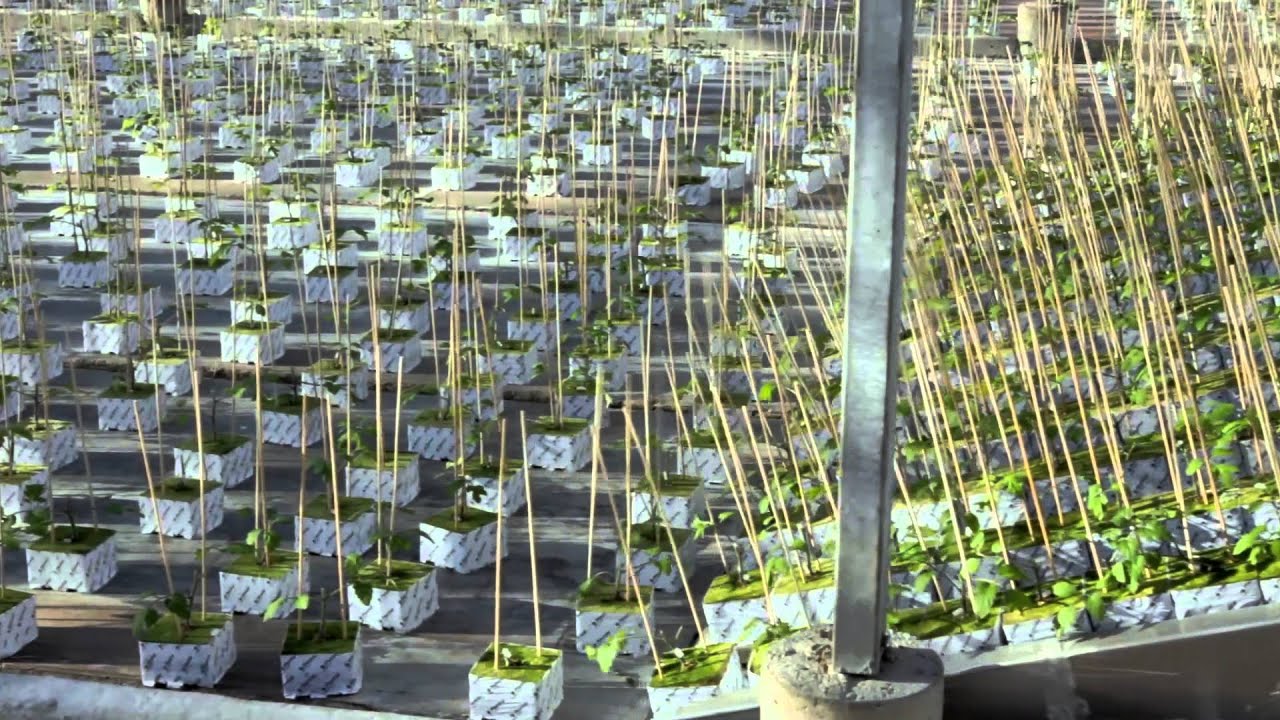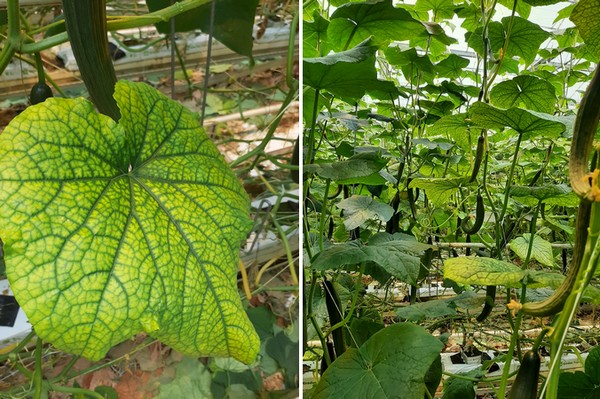Pakistan is taking a significant step towards modernizing its agricultural sector by adopting advanced aeroponics technology to combat the shortage of quality potato seeds. This innovative approach was highlighted by Federal Minister for National Food Security and Research, Rana Tanveer Hussain, during the inauguration of the Seed Potato Complex in Islamabad. The event, organized jointly by the Pakistan Agricultural Research Council (PARC) and the Korea Partnership for Innovation of Agriculture (KOPIA), underscores the government’s commitment to leveraging cutting-edge technology for sustainable agricultural development.
Addressing a Critical Challenge in Potato Cultivation
Potato is a vital cash crop in Pakistan, with cultivation spanning various regions and climatic conditions across the country. However, the availability of high-quality, virus-free seed potatoes has been a persistent challenge for local farmers. Traditional methods of seed production often fall short in meeting the demands of this expanding industry, leading to reduced yields and economic losses.
The introduction of aeroponics technology is poised to transform this landscape. Unlike conventional soil-based cultivation, aeroponics involves growing plants in an air or mist environment without the use of soil. This method allows for the production of a large quantity of virus-free seed potatoes, ensuring a consistent supply of high-quality planting material. The Seed Potato Complex, established at the National Agricultural Research Centre (NARC) in Islamabad, will serve as a hub for this innovative seed production technique, enhancing both yield and quality.
Collaboration for Technological Advancement
The collaboration between PARC and KOPIA represents a strategic partnership aimed at fostering agricultural innovation in Pakistan. By integrating aeroponics technology into the seed production process, the joint project not only addresses the immediate issue of seed shortages but also contributes to the broader goal of sustainable agricultural practices. This initiative is expected to increase productivity, reduce dependency on imported seeds, and enhance the overall competitiveness of Pakistan’s agricultural sector.
Moreover, the project is anticipated to create new employment opportunities, particularly in rural areas, as the demand for skilled labor in aeroponics and related agricultural technologies rises. This aligns with the government’s broader economic goals of job creation and poverty alleviation through sustainable development.
Government’s Vision for Agricultural Innovation
During the inauguration, Minister Hussain emphasized the government’s dedication to advancing the agricultural sector through the adoption of modern technologies. He noted that the successful implementation of aeroponics could serve as a model for other crops and regions, paving the way for broader agricultural innovation in the country.
The government’s focus on technology-driven solutions is a clear indication of its strategic vision to enhance food security and boost agricultural productivity. By investing in projects like the Seed Potato Complex, Pakistan is positioning itself as a forward-thinking player in the global agricultural landscape, with a strong emphasis on sustainability and efficiency.












